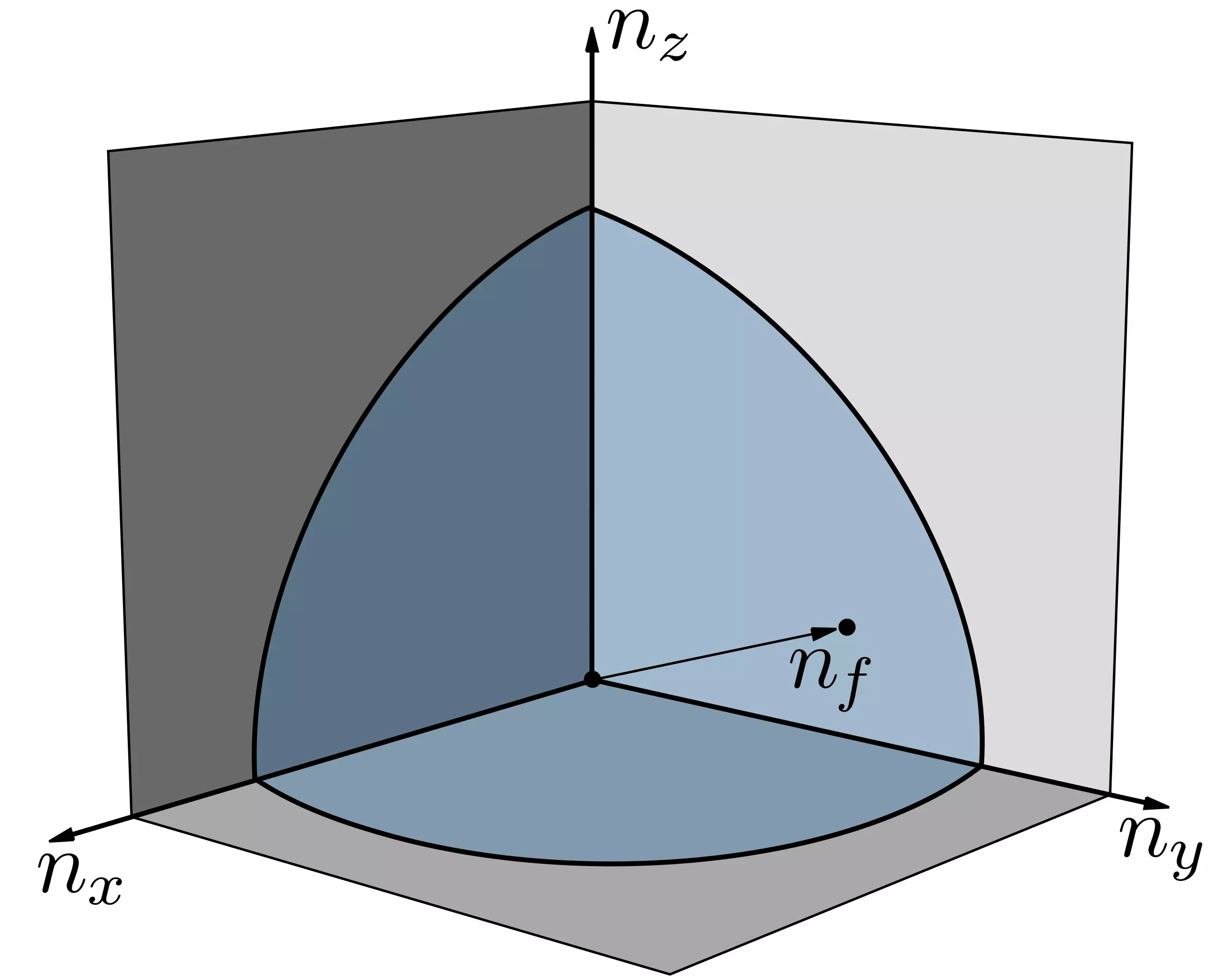In 1960, Joaquin Luttinger proposed a universal statement that established a relationship between the total number of particles a system can accommodate and its behavior under low-energy excitations. Initially applicable to systems of independent particles, Luttinger’s theorem surprisingly retains its accuracy even in cases of strongly correlated quantum matter where interactions between particles are significant. This unexpected observation has sparked a wave of intense research in condensed matter physics.
Despite its reliability as a fundamental principle, Luttinger’s theorem has been discovered to falter in certain exotic instances of strongly correlated phases of matter. These peculiar cases challenge the conventional applications of Luttinger’s theorem and raise questions about its implications on the behavior of quantum matter. As a result, researchers have devoted significant efforts to understanding these exceptions and their consequences.
Separately, scientists have made significant strides in the classification and characterization of correlated insulating states of matter. One notable development in this field is the introduction of the Ishikawa-Matsuyama invariant, a single integer that fully captures the transport properties of a broad class of topological insulators. This novel approach simplifies the classification of insulating states in the presence of strong interactions, representing a milestone in the field.
Recent theoretical work has revealed the existence of exotic models of correlated insulators that elude the classification based on the Ishikawa-Matsuyama invariant. These peculiar cases defy the simplified classification and necessitate corrections to the existing framework. Understanding these corrections is crucial for accurately characterizing and categorizing correlated phases of matter that exhibit violations of Luttinger’s theorem.
In a groundbreaking study published in Physical Review Letters, Lucila Peralta Gavensky, Nathan Goldman, and Subir Sachdev have uncovered a fundamental connection between Luttinger’s theorem and the classification of insulating states of matter. Their research demonstrates that the Ishikawa-Matsuyama invariant successfully characterizes correlated insulators as long as Luttinger’s theorem holds true. However, if Luttinger’s theorem is violated, as observed in exotic cases, the topological invariant alone becomes insufficient.
This important finding sheds light on the emergence of exotic phenomena in strongly correlated quantum matter. The failure of Luttinger’s theorem in specific instances and its subsequent impact on the classification of insulating states of matter raise intriguing questions about the nature of these exotic phases and their underlying physics. By providing explicit expressions for the required corrections to the Ishikawa-Matsuyama invariant, the authors offer a crucial framework for understanding and categorizing these exotic phenomena.
The failure of Luttinger’s theorem in selected cases and its connection to the classification of insulating states of matter highlight the complexities and nuances of strongly correlated quantum matter. The Ishikawa-Matsuyama invariant, while a powerful tool for classifying many insulating states, requires enhancements when Luttinger’s theorem is violated. This research opens the door to further exploration and investigation into the exotic phenomena that arise in these unique phases of matter.


Leave a Reply